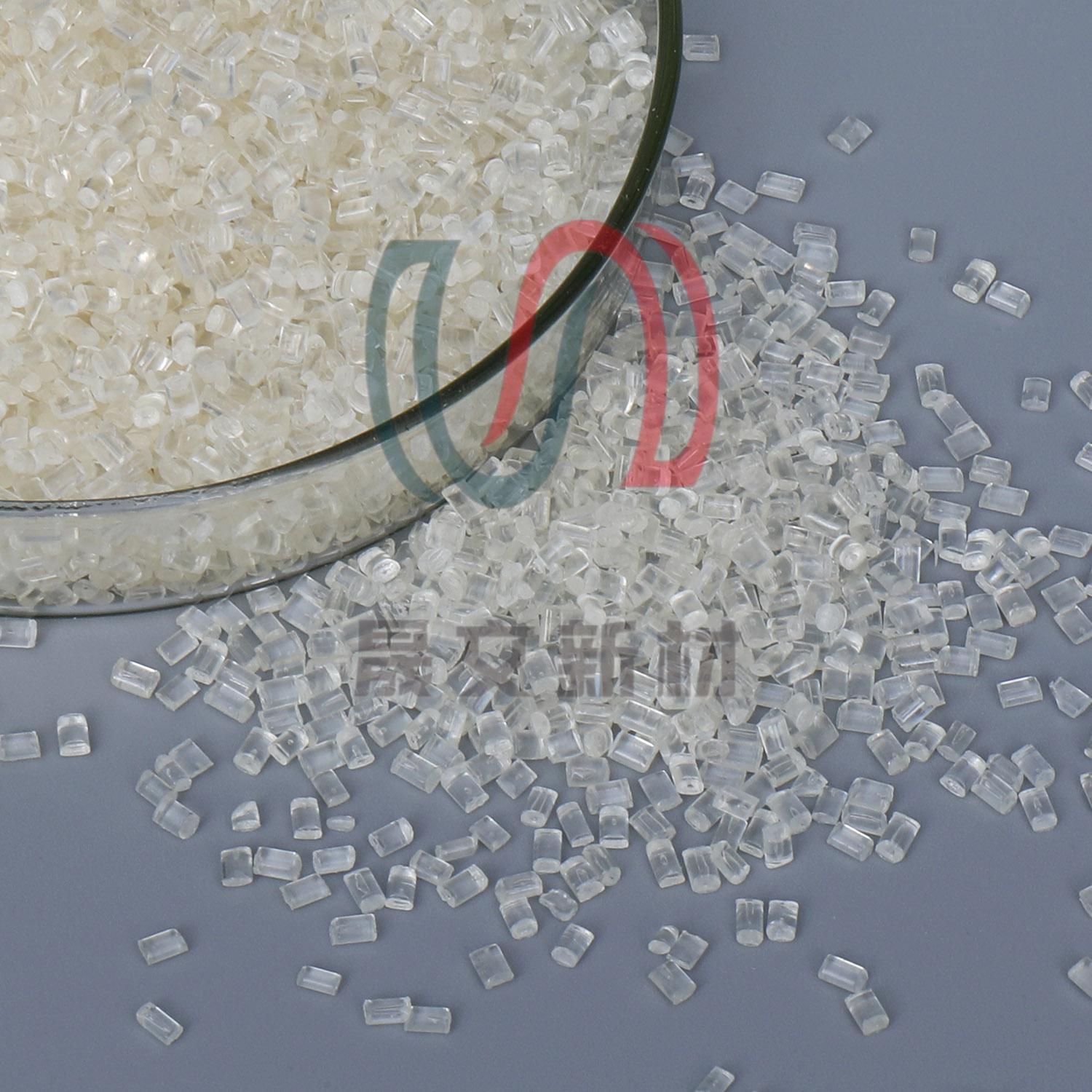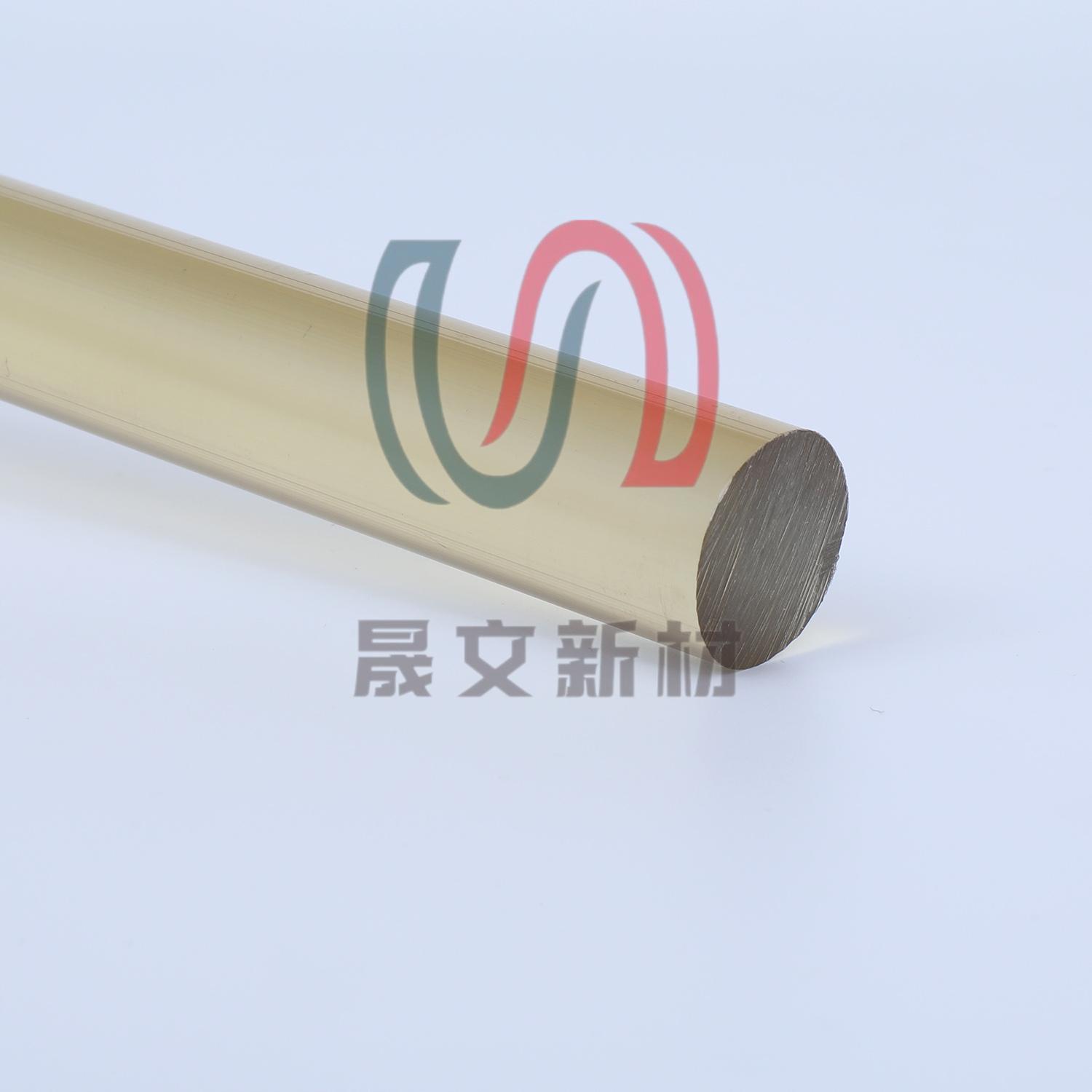Hydrogen energy, as a clean energy carrier, is gradually becoming a key component of the global energy transition. As the core equipment for decomposing water into hydrogen and oxygen, the performance of hydrogen electrolyzer directly determines the efficiency and cost-effectiveness of hydrogen production. However, traditional metal materials have limited their wide application in modern high-efficiency electrolyzers due to their high weight, complicated welding process, corrosion susceptibility and high cost. For this reason, high-performance plastics or composites are becoming ideal alternatives, especially polysulfone (PSU) and its derivatives, which show great potential in key electrolyzer components such as electrode frames due to their excellent physicochemical properties.

PSU (polysulfone) is a high-performance engineering plastics, belonging to the family of polyarylether sulfone, consisting of sulfone group and aromatic ring structure, with amorphous properties, giving it excellent chemical resistance and thermal stability.PSU not only can withstand a wide range of temperature changes (from -100 ℃ to 175 ℃), but also has a good mechanical strength and electrical insulation, which makes it very suitable for use in harsh working environments.
Suitable for use in most applications under conventional conditions, PSUs offer a wide range of temperature adaptability and are capable of stable operation from low temperatures to 175°C. The PSUs have a high compressive strength of 280 MPa, making them ideal for use in low to medium temperature application scenarios. Its compressive strength of up to 280 MPa makes it ideal for low to medium temperature application scenarios. The material is not only able to withstand high mechanical stresses, but also has good dimensional stability, ensuring that structural integrity and functional reliability are maintained under varying operating conditions.
Through these properties, PSUs are able to provide consistent performance in a wide range of electrolyzer environments, particularly in cost-sensitive applications where chemical resistance and good mechanical properties are required.
In low and medium temperature, cost-sensitive application environments, PSU has become the material of choice due to its excellent price/performance ratio. Especially in alkaline electrolyzer (AWE), PSU's alkali resistance enables it to operate stably for long periods of time under harsh operating conditions without worrying about corrosion. In addition, the integrated molding capability of PSU materials reduces assembly steps and further lowers production costs.

Despite the many advantages of PSUs and their derivatives, there are still some challenges to be faced in practical applications. For example, in order to meet the demand for electrical conductivity, it is often necessary to add conductive fillers, but this may sacrifice some of the mechanical properties. In addition, how to prevent agglomeration of additives to affect the homogeneity of the material is also an urgent problem. The aging or degradation of the material under long-term operation also requires further study.
In response to the above challenges, researchers are exploring a variety of improvement strategies. These include the development of new conductive fillers and their dispersion techniques, the use of surface modification methods to enhance conductivity and adhesion, and the combination of advanced manufacturing technologies such as 3D printing to improve design freedom and production efficiency.
The application of PSU and its derivatives in hydrogen production electrolyzer pole frames demonstrates significant advantages, both in terms of solving many problems of traditional metal materials and providing new solutions. Its excellent high temperature resistance, corrosion resistance and easy processing make it one of the ideal choices for replacing traditional metals.
Looking ahead, with technological advances and growing market demand, PSU and its derivatives are expected to play an even more important role in promoting the development of the hydrogen energy industry. We look forward to the joint efforts of academia and industry to explore the possibilities of new materials and accelerate the arrival of the hydrogen energy era.
Shengwen focuses on the development and customization of PEI, PPSU, PSU, Bio-PA12 and other high-performance engineering plastics to provide lightweight, corrosion-resistant, and highly stable material solutions for key components of hydrogen energy electrolyzers and fuel cells. We can provide one-stop support services such as formulation optimization, sample sampling, and structural synergies according to customers' application needs, helping to achieve more efficient and sustainable hydrogen energy system design.
Get Technical Support | Request Samples | Customized Solutions
By continuing to use the site you agree to our privacy policy Terms and Conditions.